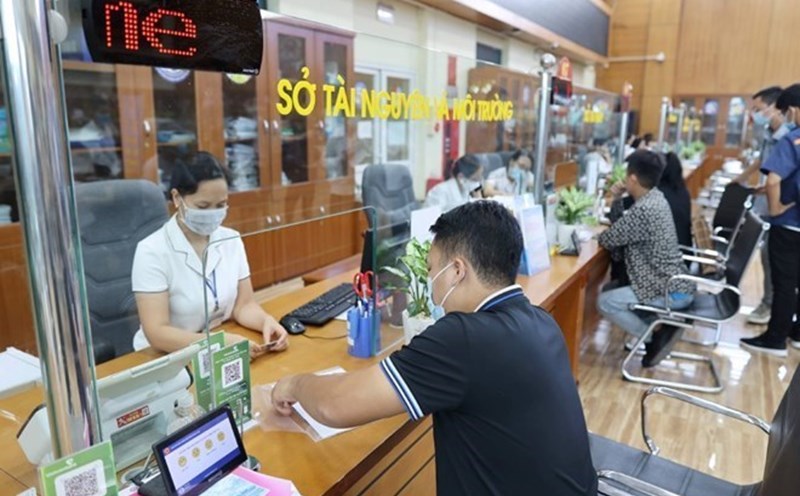Hundreds of thousands of workers are falling into a state of "standing between two water lines". On the one hand, they are not entitled to social insurance benefits due to long-term debts from enterprises. On the other hand, up to this point, the authorities have not yet had any truly effective mechanism to protect them when their benefits are suspended.
According to statistics up to May 2025, the whole country has nearly VND 14,000 billion in social insurance debt, of which more than VND 4,000 billion is in the group of unpaid debts - from enterprises that have gone bankrupt, dissolved or have leaders on the run.
The consequences are that more than 125,000 workers have their rights interrupted, many of whom are old enough to retire but cannot complete procedures due to lack of payment time. Some workers have even completely lost the opportunity to receive pensions just because their old businesses "forgot" to pay a few years before they quit their jobs.
The problem here is not only that workers lose money, but also that they lose time, rights, and justice.
Workers have contributed with their efforts, have been deducted from their monthly salary, but when they need legitimate benefits, they do not know who to ask when the business goes bankrupt or on the brink of bankruptcy. This is very unreasonable when considering the country's social security aspects.
It is worth mentioning that the reason for social insurance debt is not only due to the company's compliance with the law, but also due to laxity, slow reaction and if not, due to the responsibility of the social security management system itself in warning and preventing.
Because according to the provisions of the Social Insurance Law 2014, Decision 595/QD-BHXH, the social insurance agency is responsible for collecting and spending social insurance, and is also an agency that monitors, reminds, urges, inspects and inspects enterprises to fulfill their social insurance payment obligations within the prescribed time limit.
To lead to the figure of nearly VND14,000 billion in social insurance debt, of which more than VND4,000 billion is in the group of unpaid debts - from businesses that have gone bankrupt, dissolved or fled and more than 125,000 workers whose benefits have been interrupted as today is a very long process. And the Social Insurance agency cannot help but be responsible for this.
In the past, there have been proposals to use the investment interest of the Social Insurance Fund to advance the rights of affected employees. However, this proposal has received many opposing opinions, worrying about creating a bad precedent when businesses will "rely on" it.
The reality shows that this is a humane proposal and a feasible solution to protect the rights of more than 125,000 workers who have suffered disruptions in the short term. It is necessary to consider the proposal to soon legalize it, while waiting for other long-term solutions that are more synchronous, fundamental and effective.
Social insurance is a pillar of national security, but if the law does not protect the person paying effectively, especially when they are abused by a third party, then this system has not completed one of the important functions of protecting the disadvantaged.
When workers are "stuck" between businesses and policy and legal mechanisms, not receiving pensions even though they are old, not receiving sick allowances even though they are sick, the crisis is not only financial, but also confidence.












